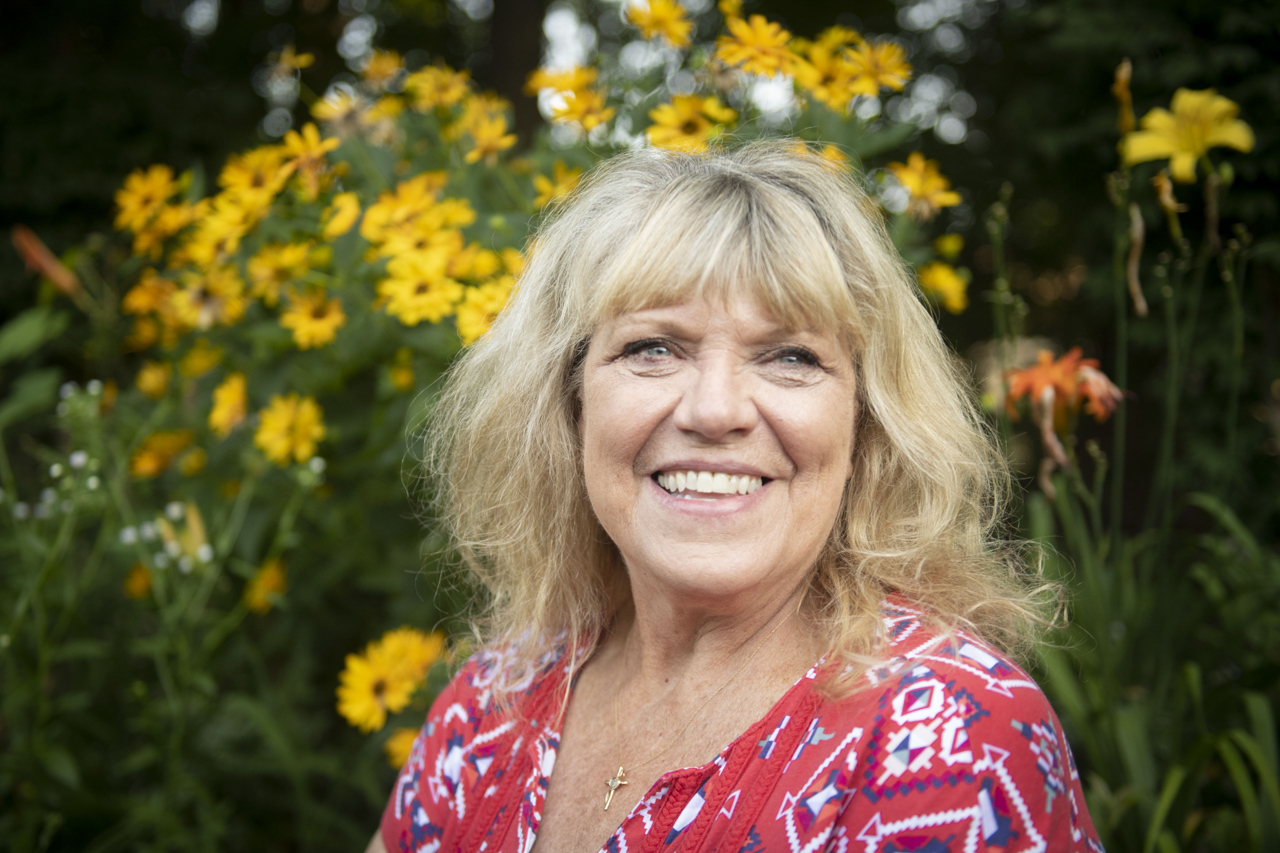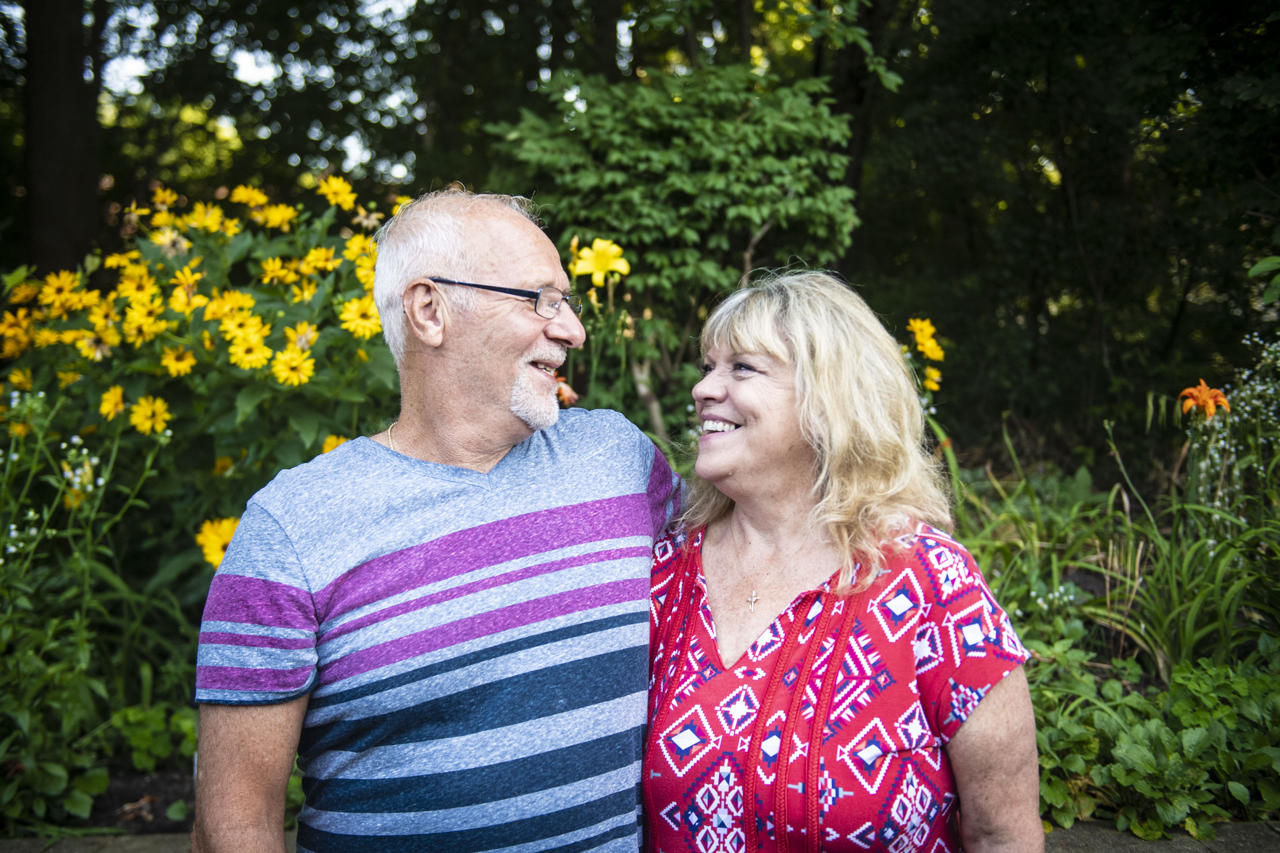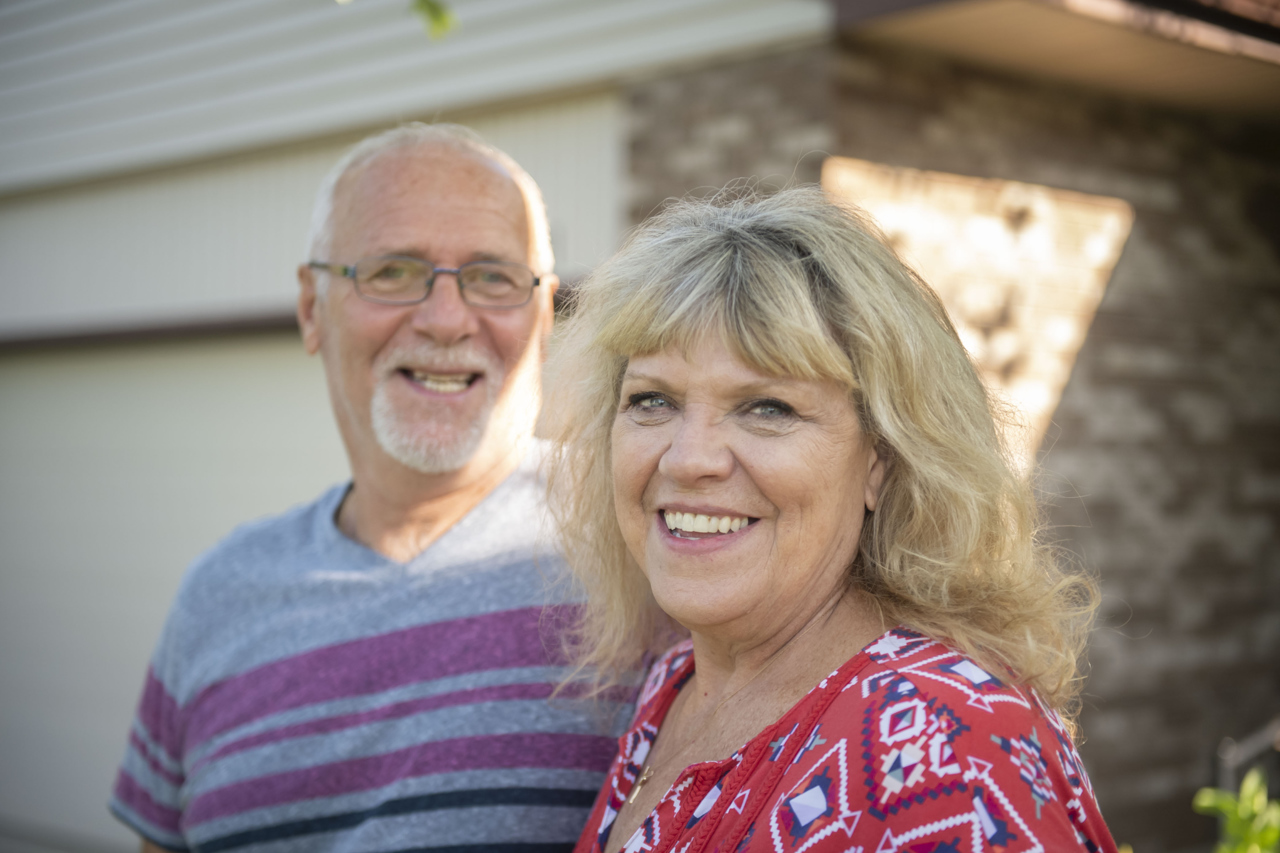Brenda Marihugh, 67, knew something wasn’t right. She’d recently married for the second time, and while her new husband was great, sex wasn’t.
“It took us two months to consummate our marriage,” she said. “It was so painful.”
At first, she dismissed it as a normal part of aging. “I’d been single a long time. Everyone talks about vaginal dryness after menopause, so I figured that was it,” she said.
But the pain got worse with every encounter, including vaginal tears that sometimes bled. One doctor diagnosed her with a urinary tract infection and prescribed antibiotics. A few months later, another did the same.
“I had had a hysterectomy in my mid-40s,” Marihugh said. “And once everything is gone, doctors typically don’t talk about anything going on down there. Since I wasn’t sexually active, it just hadn’t come up in my routine appointments.”
“I could tell that this wasn’t an infection,” she said. “I was confused and felt like there was something wrong with me. I kept thinking, ‘Is this a mental block or something?’ Gregory, my husband, finally said, ‘You need to get some answers.’”
So Marihugh made an appointment with Natasha Peoples, FNP, at the Spectrum Health Midlife, Menopause & Sexual Health clinic.
Peoples quickly diagnosed her with both vaginal dryness due to menopause and lichen sclerosus.
While both are common, the willingness to speak up about them isn’t. One study found that only half of all women with dryness ever mention it to a care provider. (Another helpful resource is the North American Menopause Society.)
Marihugh, who lives in Byron Center, Michigan, had never heard of lichen sclerosus. “I was thrilled to finally have some answers,” she said.
Lichen sclerosus is an autoimmune condition of the skin around the vulva, Peoples said, that causes the tissue to thin.
“Normally, that skin has small, healthy folds that make it flexible,” she said. “With lichen sclerosus, the skin fuses. It looks pale, and there can be tiny tears.”
The most common symptom is itching, and it can make sex painful.
The condition is easily treated with a steroid cream dabbed on spots where thinning has occurred. Marihugh said she felt better within a few weeks.
Solving the dryness problem
The vaginal dryness, however, is more persistent.
“It’s almost a given after menopause,” People said. “It happens when ovaries stop producing as much estrogen, and that causes vaginal cells to create less lubrication. If women aren’t sexually active, they may not be aware it’s happening.”
The best way to treat dryness is with vaginal estrogen.
“Many women balk when they hear the words ‘hormone therapy,’” Peoples said. But she wants women to know that doesn’t mean the high-dose medications some women take to alleviate acute menopause symptoms. Systemic hormone therapy can be associated with increasing the risk of breast cancer and heart disease in some women.
“When we treat vaginal dryness with topically applied estrogen, it doesn’t get into the bloodstream, so there is almost no increase in the risks of cancer or stroke,” she said.
Among the treatments: Creams, vaginal tablets, vaginal soft gels, rings and “even one oral medication that isn’t an estrogen, but simply turns on the estrogen receptor cells in the vagina.”
Peoples is thrilled Marihugh shook off the stigma, brought up the issue of pain, and that she is treating the problem with an estrogen cream.
“Very often, women won’t mention it, or they will tell me they are having problems with their libido. When I meet them for the first time, I typically say, ‘Let’s treat the dryness first, and see what happens.’ It’s hard for anyone to want to have sex when it hurts every time you do.”
Dryness can create a discouraging cycle. “The less people have sex, the less stimulation that tissue gets, and sometimes the vaginal opening starts to atrophy.”
Peoples doesn’t like to be as blunt as saying “Use it or lose it,” since some women choose not to have sex as they age.
Research has shown that sexual activity—either with a partner or through self-pleasuring—after menopause makes for a healthier vagina. In one study, postmenopausal women who had sexual intercourse more than three times a week had less vaginal atrophy than those who had intercourse less than 10 times per year.
For Marihugh, the treatment has made a tremendous difference in her life.
“For the first time, I understood 100% of what was going on with my body,” she said. “And now we’re having sex, and it’s wonderful.”








 /a>
/a>
 /a>
/a>
 /a>
/a>
Natasha is amazing!!! Her compassion and understanding of life after menopause has made such a difference in my life…emotional, physical and sexual!
Thank you for your kind comment, Diane! Glad to hear you are doing so well. 🙂